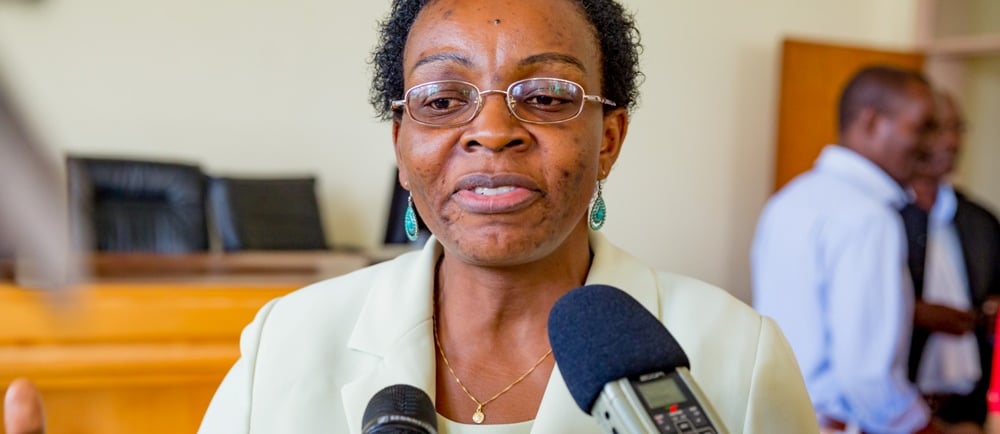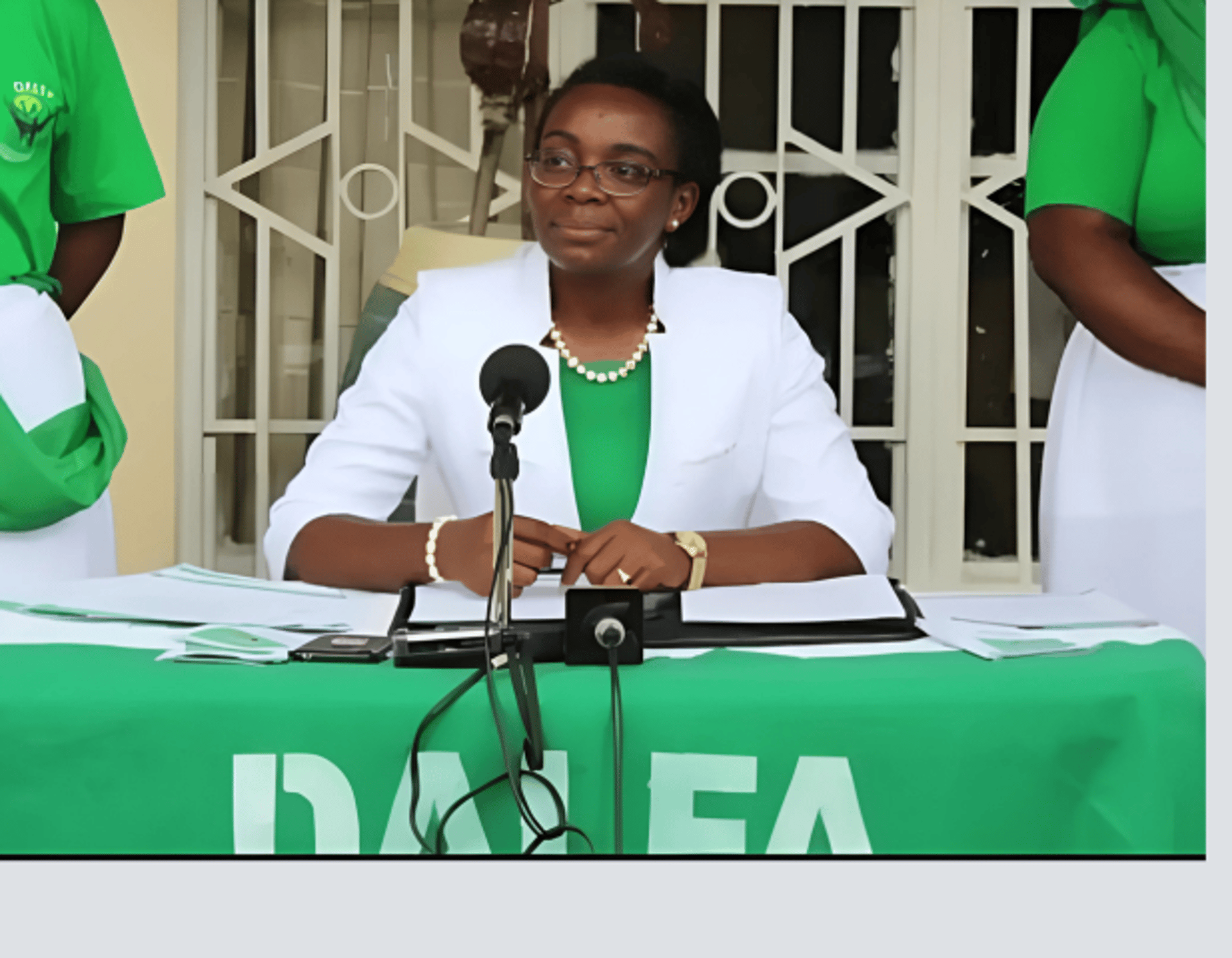Empowering Change: How Young People Can Drive Peaceful Power Shifts in Rwanda
5/26/20252 min read



Rwanda’s history is both painful and powerful. It has witnessed the tragedy of conflict and the triumph of resilience. Today, as we move further into the 21st century, Rwanda stands at another crossroads—one that will be shaped not just by policy but by the power of its youth. The next chapter of this country will not be written by politicians alone—it will be driven by young people ready to lead change peacefully, creatively, and courageously.
Why Youth Leadership Matters
Rwanda has one of the youngest populations in Africa. Over 60% of the population is under 30. This demographic shift is not just a statistic—it is an opportunity. Youth are no longer just “leaders of tomorrow.” They are the stakeholders of today. Whether they are students, entrepreneurs, artists, activists, or farmers, young people hold the key to transforming the culture of politics in Rwanda.
Peaceful power shifts don’t require violence or uprisings. They require ideas, innovation, and informed citizens who challenge the status quo through civic engagement, advocacy, and strategic mobilization.
The Challenges Facing Rwandan Youth
While Rwanda’s leadership often promotes youth representation in public forums, many young people still face serious obstacles:
Limited political space: Fear of reprisal or surveillance discourages many from participating in open political debate.
Lack of civic education: Few platforms exist to teach young Rwandans their constitutional rights and responsibilities.
Unemployment and economic exclusion: A lack of access to capital, markets, and job opportunities creates economic dependency and disempowerment.
Cultural expectations: Youth are often told to "wait their turn" or remain loyal to dominant ideologies, suppressing innovation and alternative viewpoints.
But despite these challenges, young people across Rwanda are pushing forward—with creativity, boldness, and a deep love for their country.
5 Ways Rwandan Youth Can Drive Peaceful Power Shifts
1. Educate Themselves Politically and Legally
Understanding Rwanda’s constitution, electoral system, and citizen rights is the first step. A well-informed youth population becomes harder to manipulate and easier to mobilize constructively.
2. Engage in Civic and Digital Spaces
Social media, blogging, podcasting, and digital art are powerful nonviolent tools to amplify youth voices and start national conversations. Digital resistance can be peaceful and effective.
3. Support or Start Independent Youth Movements
Youth can join movements that promote peaceful political change, like DALFA-Umurinzi, or create new platforms focused on civic awareness, justice, and youth empowerment.
4. Build Peer Networks Across Regions
Power shifts don’t happen in isolation. Young people in Kigali must collaborate with those in Rubavu, Huye, Nyagatare, and beyond. National unity among youth can challenge divide-and-rule politics.
5. Run for Office or Support Reformist Leaders
Whether through student unions, cooperatives, local councils, or even parliament, youth should be represented where decisions are made. Supporting courageous leaders or becoming one is how peaceful change takes root.
The Role of Movements Like DALFA-Umurinzi
Organizations like DALFA-Umurinzi, led by Victoire Ingabire Umuhoza, are creating space for Rwandans—especially youth—to participate in political dialogue without fear. The movement promotes development, liberty, and accountability. It stands for the idea that power must not be permanent, but shared and reformed.
Victoire’s message to youth is clear: “We must not inherit fear. We must inherit courage, justice, and responsibility.”
Conclusion: The Rwanda We Deserve
Rwanda’s youth are not asking for chaos. They are asking for change. Peaceful power shifts are not about replacing one group with another—they are about creating systems that listen, include, and respond.
If young people lead with truth, organize with purpose, and build with love for their country—then Rwanda can become a beacon of democracy in Africa, not just a symbol of post-conflict recovery.
The future is not waiting. It is here. And it is young.
